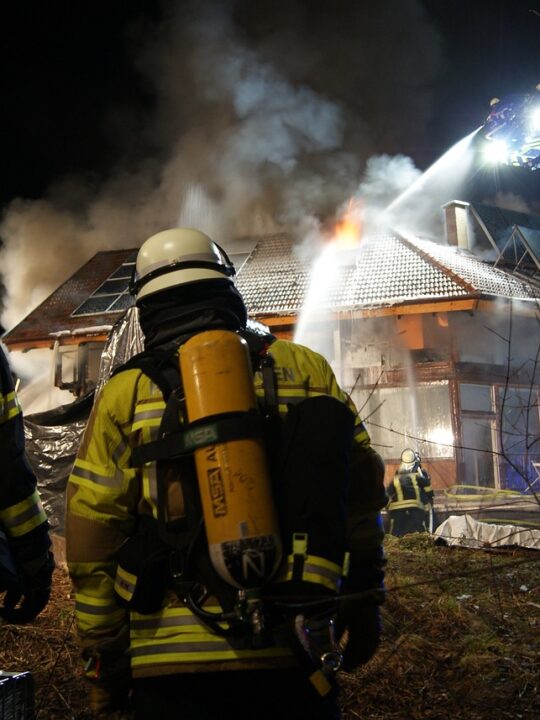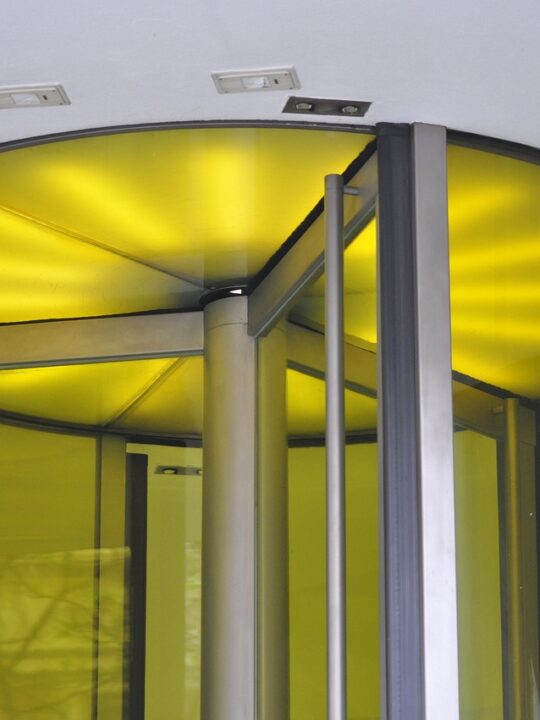Are you confused if your old vehicle is considered junk? After all, most people would be upset if their vehicle went from brand new to completely worthless.
Fortunately, there are some general rules you can follow. If you know the signs of a junk car, you won’t have to worry about accidentally driving a piece of junk.
Read on to learn what’s a junk car.
Table of Contents
Structural Damage
Structural damage can be a very serious issue when it comes to your car. It can make a car dangerous to drive and also expensive to repair. Signs of structural damage include rust or rotting in the body, sagging or damage to the frame and suspension, cracked or missing parts, and damage to the windshield.
If the frame of the car is twisted or cracked, the car is likely beyond repair. If the sagging or damage to the frame and suspension is minimal, it may be possible to vehicle repair, but it likely won’t be as safe as before.
Be sure to have the car properly inspected before making any decisions on repair. Ultimately, you may end up having to buy a new car, but when it comes to structural damage, safety should always be the top priority.
Failed Emissions Test
A failed emissions test is one of the clearest indicators that your car may be considered junk. Vehicles that fail emissions tests are at risk of failing other inspections and do not meet minimum air quality standards.
Additionally, the cost of any necessary repairs to bring the car up to standards may be too expensive to be worthwhile, depending on the old vehicle or condition. If your car has failed an emissions test, it is a good indication that it may not pass other similar tests or inspections and may ultimately be considered junk.
Unusual Noises & Smoke
Having an older car can make it hard to tell if it’s a suitable car to keep around. Unusual noises and smoke are two important indicators that can point you in the right direction. If your car is producing more engine noise than usual, it could be an indicator that there is something wrong.
Additionally, if you notice smoke coming out of your car, such as black smoke, it could be a sign that an oil or fuel leak is present. If these signs arise, it may be time to either have the car inspected and repaired or have it considered junk.
Chronic Mechanical Issues
Chronic mechanical issues can be very stressful. When your car starts having multiple mechanical issues, it can signify that your car is on its last legs. When issues are recurring, oftentimes, no amount of repair can help.
When there is an excessive amount of oil consumption or rust, it is a clear indication that your car is slowly deteriorating and becoming junk. Problems ranging from brakes to oil filters can be symptoms of an underlying issue that requires more than simple repairs. If your car is showing any sign of chronic mechanical issues, it may be time to consider selling it as junk.
Clearance Value
If your car is deemed to be a junk car, it may not have any saleable value left, and you may want to consider parting it out or selling it to a scrap yard. This is the lowest saleable value of your car, and once it dips below this point, technically, it is considered to be a junk car or scrap.
You can use online guides or visit a local dealer to seek an estimate for the clearance value of your car. If the current value suggests that your car is junk, then it may be better to part it out or scrap it.
Scrutinize the Interior and Exterior
When scrutinizing your car’s interior and exterior, you can use a few key indicators to determine whether or not it is junk. Examine the shine and color of your car to get an idea of its condition. Inside, take a look at the wear and tear of the seats, upholstery, and dashboards.
Additionally, check the engine and various components, paying special attention to the air filter, transmission fluid, spark plugs, and other components for signs of wear and tear. Finally, check for any fluid leaks or engine warning lights. All these signs can help you determine if your car is junk, so be sure to inspect both the interior and exterior thoroughly.
Rust Is Ruining Your Vehicle
If your car has started to show signs of rust, it might be time to consider if your old vehicle is junk. In addition to the rust, look at other areas of the car such as the frame, suspension, and brakes, as these can all be affected by rust.
Even if there is only minor rust damage, the car may still be an unreliable and unsafe ride. Rust can cause serious damage to the body and frame, which can lead to a loss of stability and control, making it unsafe and difficult to handle.
Repair Expenses Exceed The Price Of The Vehicle
For some cars, repair expenses can exceed the price of the vehicle itself. This situation can make it difficult to know whether to keep the vehicle or to get rid of it.
Additionally, you should think about the cost of maintenance in the future and weigh that against the cost of purchasing a new vehicle. In the end, you will have to decide whether the repairs are worth it or if you are better off doing away with your current car.
If you plan on properly disposing of your vehicle, look for companies offering cash for junk cars.
Learn if Your Old Vehicle Is a Junk
Ultimately, the value of an old vehicle comes down to the buyer. If you plan to use the car in its current condition, you may have found a diamond in the ruff.
However, if you are considering any major repairs or modifications, it’s wise to consider the car a total loss and find a different ride.
Did you find this article informative? Check out the rest of our blog for more!







